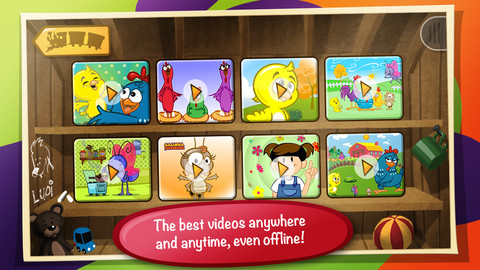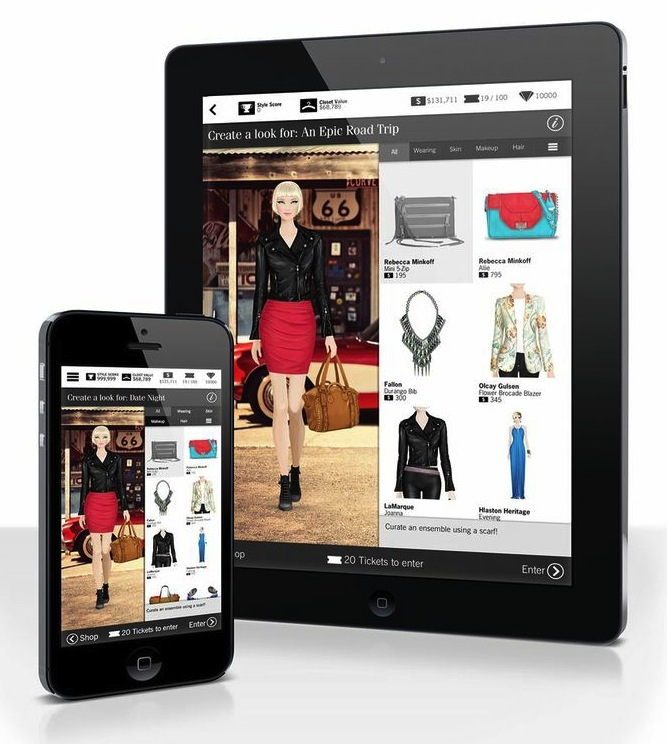Last week Forbes released a countdown revisiting social media studies spanning over the past five years. The educational reports indicate what some user Facebook behavior translates into the real-world. Some findings were as silly as a curly fries Facebook Like revealing intelligence, but many statistics were eerily accurate; the correlations between online behavior and real-world characteristics could be something advertisers could benefit from in campaigns.
“We’re on the cusp of a new way of doing social science,” said a Harvard sociology professor at the time. “Our predecessors could only dream of the kind of data we now have.”
That was more than five years ago. So how was that statement held true to today Here is a collection of some of the insights from academic researchers and social scientists who’ve lurked on the social network for professional purposes. We’ve listed the top 30 below.
1. The more Facebook friends a teenager has, the more privacy promiscuous he or she is. (2013 survey)
2. It’s scientifically proven that Facebook’s privacy settings are confusing. (2011 study via Huffington Post)
3. The chances of your “anonymous” dating site profile getting linked to your Facebook profile may be as good as your chances of getting lucky there, thanks to facial recognition. (2012 study)
4. So much for “six degrees of separation.” We’re now linked to just about anyone else by a messy 4.74 people. (2011 article)
5. Your Facebook friend list will reveal you’re gay. (2009 study)
6. So will your Facebook “Likes.” They may also reveal your political leanings, your religion, and your ethnicity. It turns out we are what we like. (2013 study)
7. Eating fries isn’t terribly healthy but liking curly ones on Facebook suggests high intelligence. (same study)
8. People who like the littlest Family Guy, Stewie, are likely to be “dissatisfied with life.” (same study)
9. A site designed to get you to share stuff gets you to share stuff. We are programmable. (2013 article)
10. Stuff White People Like On Facebook: other white people. (2008 study)
11. Forget LinkedIn. Facebook can tell you if someone is worth hiring. (2012 study via article)
12. Honesty is the best policy… on social media sites while job searching. (2011 survey)
13. Those people who are venting all of their emotions on Facebook are probably as unstable as they seem. But it does help them feel better. (2012 study)
14. Big networks are great, but it’s the really good friends who got your back. Close friends are more likely to help you find a job. (2013 Facebook study)
15. If the NSA sends you a friend request, it’s a bad idea to accept. (2010 academic paper)
16. Need to chill out? Facebook-stalk yourself. Looking at heavily-curated, best versions of our digital selves makes us feel better about our lives. (2013 study)
17. …Just don’t look at other people’s vacation photos while you’re on the site. Seeing your friends in beautiful places will send you to an unhappy one. Discontent lies in comparing yourself with the heavily-curated versions of others. (2013 article)
18. Our digital selves are not as divorced from our real selves as some would have you believe. For example, we like our friends just as much online as offline… (2013 article)
19. … and people who talk about politics online like to be involved in politics offline. (2009 study)
20. College students prefer befriending people who like the same music and movies as them. But they don’t care what they read. (2012 study)
21. Classical and jazz music are the only contagious “likes” among college students, probably because we’re cultural elitists. (same study)
22. It’s hard to hide the fact that when you say you’re doing a study on a bunch of “anonymous” students from an “anonymous” college that got on Facebook early, you’re actually talking about Harvard kids. (2011 article)
23. Caring about privacy is contagious. (2008 study)
24. Using Facebook and texting while doing schoolwork hurts a college kid’s GPA… (2011 study)
25. … or maybe not. (2012 study)
26. People can talk politics online without completely losing it. (2009 study)
27. People who live in battleground states actually care what happens in their races. (2012 study)
28. Social media peer pressure works — when it comes to voting. (2012 study via Slate)
29. Social media peer pressure also works when it comes to “Likes.” (2010 study)
30. Chick-fil-A, rest assured. People who “like” brands are more likely to forgive and forget when those brands screw up. (2012 study)
Source: Forbes



